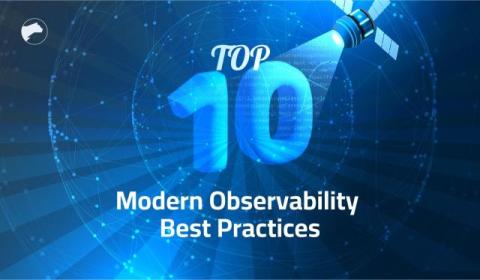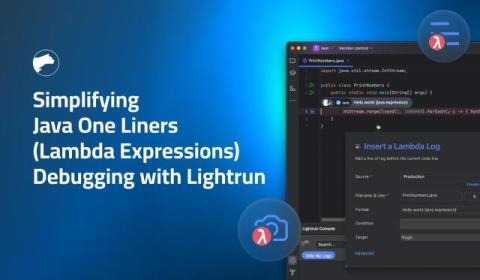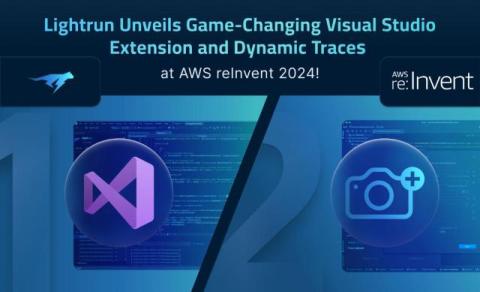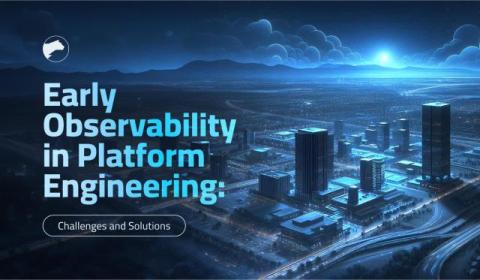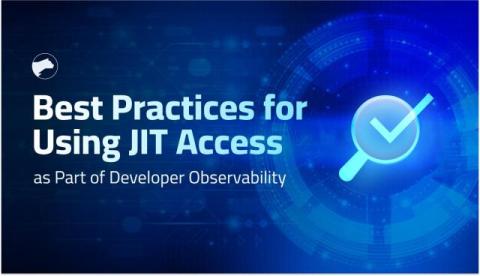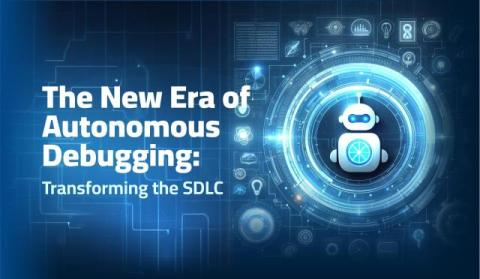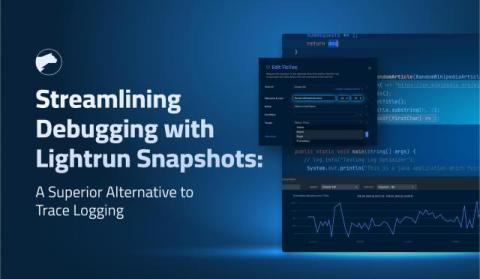Top 10 Modern Observability Best Practices
In the realm of modern software development practices, observability is no longer an optional add-on. It is a mission-critical capability. Like how control theory revolutionized industrial systems, and quality assurance redefined manufacturing processes, observability transforms the software systems and their development processes in many ways inspired by the brick-and-mortar industries. This post explores the best practices in modern observability to help you leverage its full potential.


